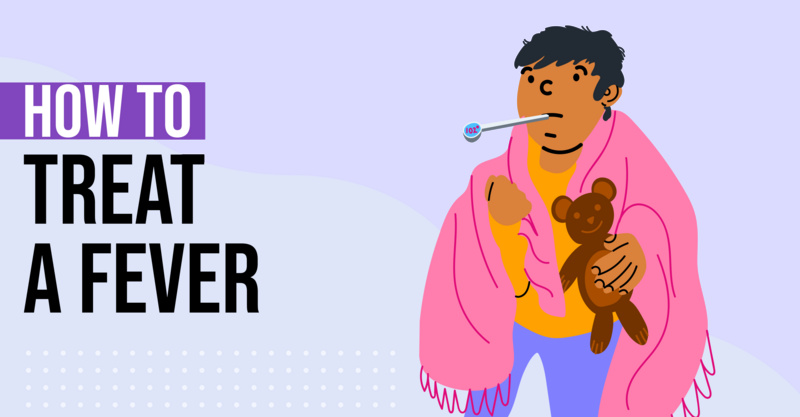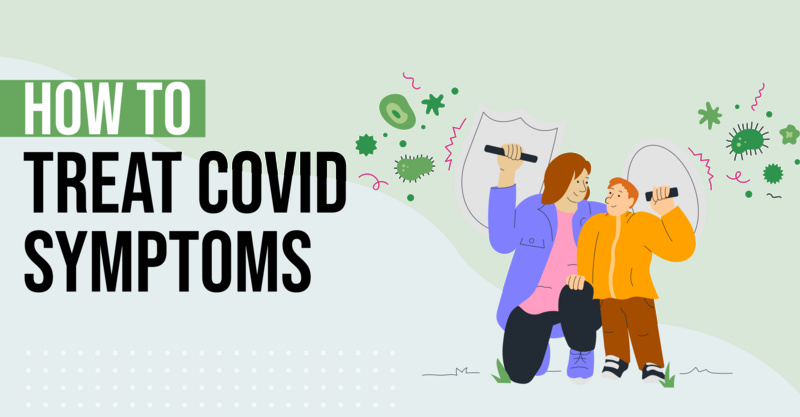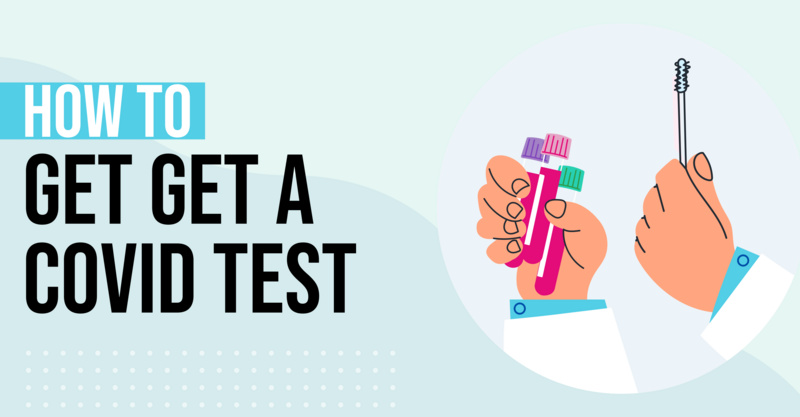Key Points
- The Tdap vaccine is a combination shot that provides protection against tetanus, diphtheria, and pertussis, all of which can cause severe health issues.
- Tetanus is contracted through open wounds and can cause painful muscle spasms, diphtheria affects the respiratory system and can damage the heart and nerves, and pertussis, or whooping cough, can lead to intense coughing spells.
- The CDC recommends the Tdap vaccine for adults aged 19 to 64, particularly those in healthcare, around infants, new mothers, pregnant women in their third trimester, and those traveling to countries where pertussis is common.
- The article provides comprehensive information about the tetanus shot, including reasons for needing it, understanding it, its risks, expectations, and questions to ask your doctor.
What is the Tetanus Shot?
While there are a number of vaccinations that people get as infants and children, one vaccine that experts recommend you get as an adult is Tdap. Tdap is a combination vaccine that helps protect against three different bacterial diseases that can be life-threatening. Because it’s an inactive vaccine, Tdap contains bacteria, so getting the vaccine can’t make you sick.
The Tdap vaccine helps boost your immunity to the following diseases:
- Tetanus – This disease enters the body through an open cut or burn and causes extremely painful muscle spasms. Tetanus is probably best known for causing lockjaw, which is when a person’s muscle spasms in the jaw make it impossible to open their mouth.
- Diphtheria – Diphtheria is a highly contagious infection that affects the respiratory system and makes it hard to breathe. In severe cases, damage to the heart and nerves can occur.
- Pertussis – Also known as whooping cough, pertussis is another contagious infection of the respiratory system. While it first looks identical to a regular cold, pertussis progresses to cause intense coughing spells.
Who Should Receive a Tdap Vaccine?
According to the Center for Disease Control (CDC), adults between the ages of 19 and 64 should get the Tdap vaccine, even if they were given the DTaP vaccine (which helps young children develop immunity to these diseases) earlier in life. It is especially important to get the Tdap vaccine if you work in health care, are regularly around infants, are a new mother, are in your third trimester of pregnancy, or are traveling to a country where pertussis is common.
4 Reasons Why You Would Need a Tetanus Shot
1. Avoid a Tetanus Infection
The poisonous bacteria that cause tetanus live nearly everywhere and can lead to an infection when the bacteria enter through a break in the skin. A tetanus shot can help you stay safe and avoid tetanus while doing everyday activities that could expose you to the bacteria, such as handling soil and dirt, cleaning up pet feces, and dusting the furniture in your home.
Nearly all cases of tetanus are among people who never received the tetanus vaccine or who haven’t received a booster shot in at least 10 years. Other risk factors for tetanus include diabetes, intravenous drug use, and a history of immunosuppression.[1]
2. School Requirement
Many states and school districts require children to receive vaccines and booster shots for certain diseases prior to starting a new school or beginning a new school year. A tetanus shot is normally on the list of required vaccines for kids going back to school. Even if a tetanus shot is not required by your child’s school, taking your child to receive a tetanus vaccination can help them stay safe if they come into contact with the bacteria.[2]
3. Bring Immunizations Up to Date
Staying up to date on immunizations lowers your risk for diseases and infections like tetanus. Children should receive the DTaP vaccine at two months, four months, six months, and once again between the ages of 15 and 18 months. Kids between the ages of four and six should receive another DTaP booster shot.
Preteens aged 11 or 12 are recommended to get the Tdap vaccine, and adults are urged to get one Tdap vaccine if they’ve never had one, followed by regular Td booster shots every 10 years.[3] Talk to your doctor if you’re not sure when you or your children last received a tetanus booster shot, so everyone in your family can stay up to date on immunizations.
4. Contaminated Wound
A tetanus shot is recommended for those who sustain serious wounds and have not had a tetanus vaccine or booster in longer than five years, as protective antibody levels are known to decrease after this time period. A tetanus shot can prevent you from getting tetanus if a deep wound becomes contaminated with the bacteria.[4]
Examples of wounds that could cause tetanus include gunshot wounds, knife wounds, burns, surgical wounds, and punctures from nails, splinters, body piercings, and intravenous drugs. Insect and animal bites, foot ulcers, and wounds that contain dirt can also cause tetanus. Visit the doctor immediately to receive a tetanus shot if you have a contaminated wound that puts you at risk for tetanus.
Understanding a Tetanus Shot
A tetanus shot prevents you from getting a disease called tetanus, also known as lockjaw. Tetanus is an infection caused by bacteria called Clostridium tetani, which live in places like water, soil, and dust. This bacteria can enter the body through breaks in the skin such as cuts and puncture wounds and irritate the nerves to cause muscle spasms, muscle tightness, and muscle cramps. Tetanus can also lead to difficulty breathing and seizures that are powerful enough to break bones in the body. When left untreated, tetanus can cause death.[3]
Most tetanus shots also contain vaccines to prevent diphtheria and pertussis. DTaP and DT are normally given to children under the age of seven, while Tdap and Td are given to people of all other ages.[3]
Risks of a Tetanus Shot
All medicines, including vaccines, can cause side effects. The effects of a tetanus shot are generally mild and go away on their own. Mild symptoms from a tetanus shot can include nausea, vomiting, body aches, headache, and tiredness. Moderate symptoms from the tetanus vaccine include all the mild symptoms, along with fever over 102 degrees F and swelling of the entire arm that received the shot.
In severe cases, pain, redness, and bleeding can occur in addition to swelling of the arm, but occurrences such as these are rare. Some people experience an allergic reaction to the tetanus vaccine that produces symptoms of dizziness, weakness, high fever, unusual behavior, hives, difficulty breathing, rapid heartrate, and swelling of the face and throat. Allergic reactions to the tetanus vaccine normally begin within a few minutes to a few hours after being vaccinated.[5]
What to Expect With a Tetanus Shot
Most people who receive a tetanus shot do not experience any problems with the vaccine. Some people have mild reactions that include tenderness, redness, and swelling at the injection site that lasts for up to two days after receiving the tetanus shot.[5]
During your appointment to receive a tetanus shot, inform the doctor as to whether you or your children are currently ill and whether you suffer from allergies, are pregnant, or have had any serious side effects from vaccines in the past. After receiving your tetanus shot, move around the arm that received the shot to reduce pain, swelling, and other side effects. Contact the doctor immediately if any serious side effects persist.[6]
Questions to Ask Your Doctor About a Tetanus Shot
- When should I get a tetanus shot?
- How often do I need a tetanus shot?
- Will a tetanus shot cause any problems with the medications I take?
- Will this worsen any of my existing health conditions?
- How quickly does the vaccine start working?
- Will a tetanus shot protect me against a wound I got prior to getting the shot?
- How will I know if I’m having an adverse reaction from the vaccine?
The Tdap Vaccine May Also be Known as
- DTaP
- Td
- Tdap vaccine
- Tdap shot
- Tetanus booster
- Tetanus vaccine
Frequently asked questions
What diseases does the Tdap vaccine protect against?
The Tdap vaccine protects against three diseases: tetanus, diphtheria, and pertussis (whooping cough).How does one contract tetanus, diphtheria, and pertussis?
Tetanus enters the body through open cuts or burns, diphtheria is a contagious infection that affects the respiratory system, and pertussis, also known as whooping cough, is a contagious respiratory infection.Who should get the Tdap vaccine according to the CDC?
The CDC recommends the Tdap vaccine for adults between the ages of 19 and 64, especially those in healthcare, around infants, new mothers, pregnant women in their third trimester, and those traveling to countries where pertussis is common.What are the potential risks of a tetanus shot?
The article doesn't specify the risks, but it implies that there are some and it's important to discuss these with your doctor.What should I expect after getting a tetanus shot?
The article doesn't detail what to expect post-vaccination, but it suggests that there are expectations and these should be discussed with your doctor.What questions should I ask my doctor about the tetanus shot?
The article doesn't list specific questions, but it encourages patients to have a discussion with their doctor about the tetanus shot.
Solv has strict sourcing guidelines and relies on peer-reviewed studies, academic research institutions, and medical associations. We avoid using tertiary references.









